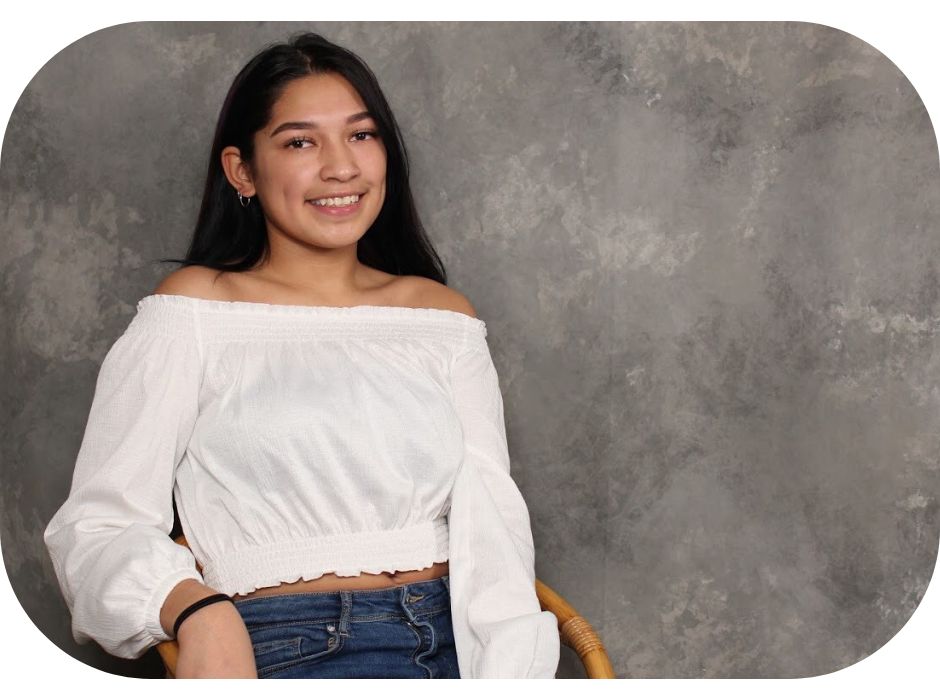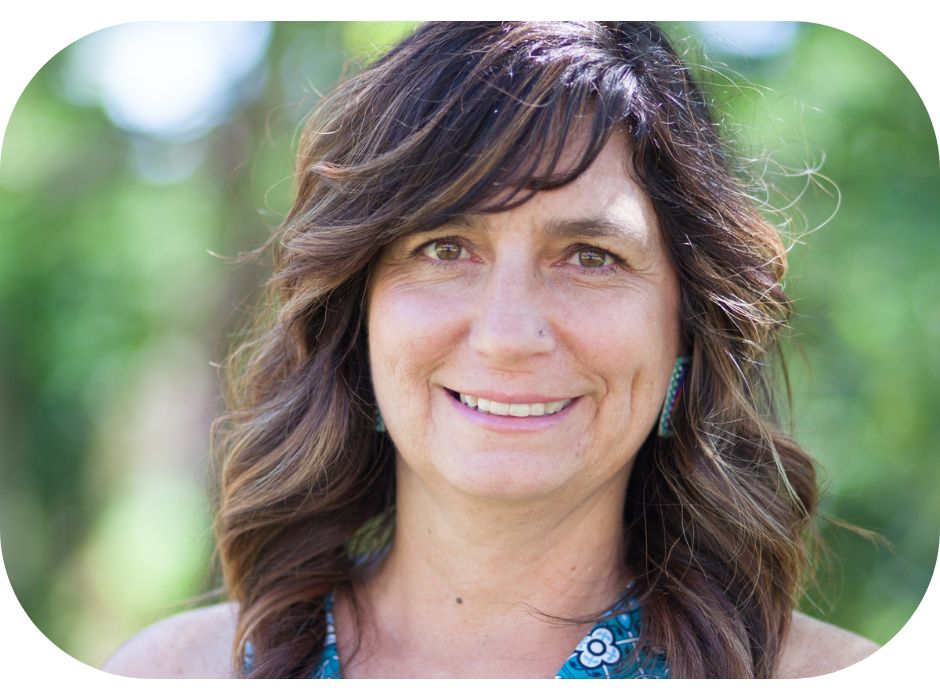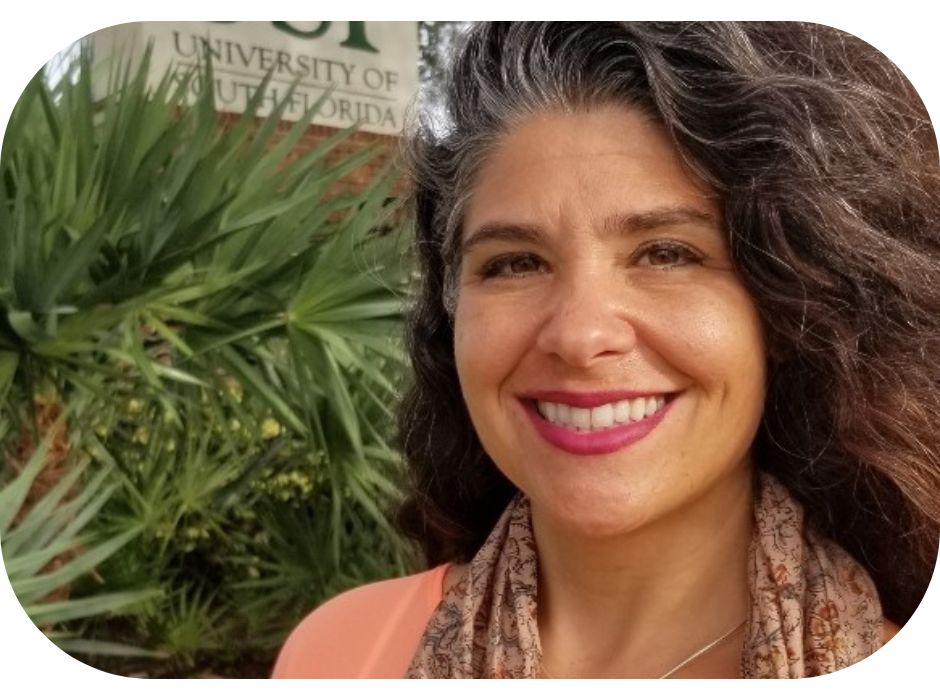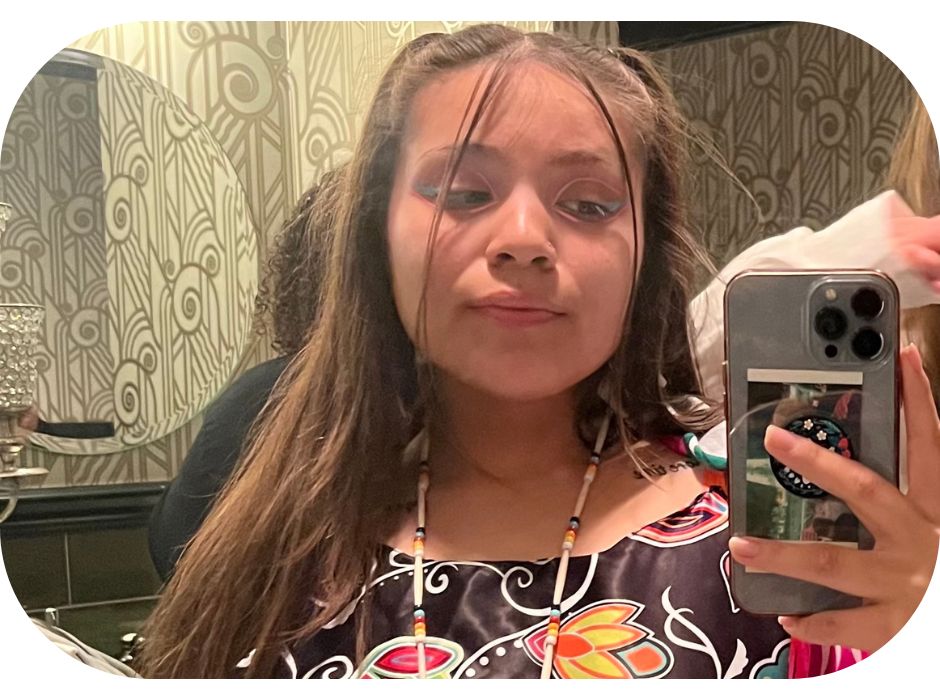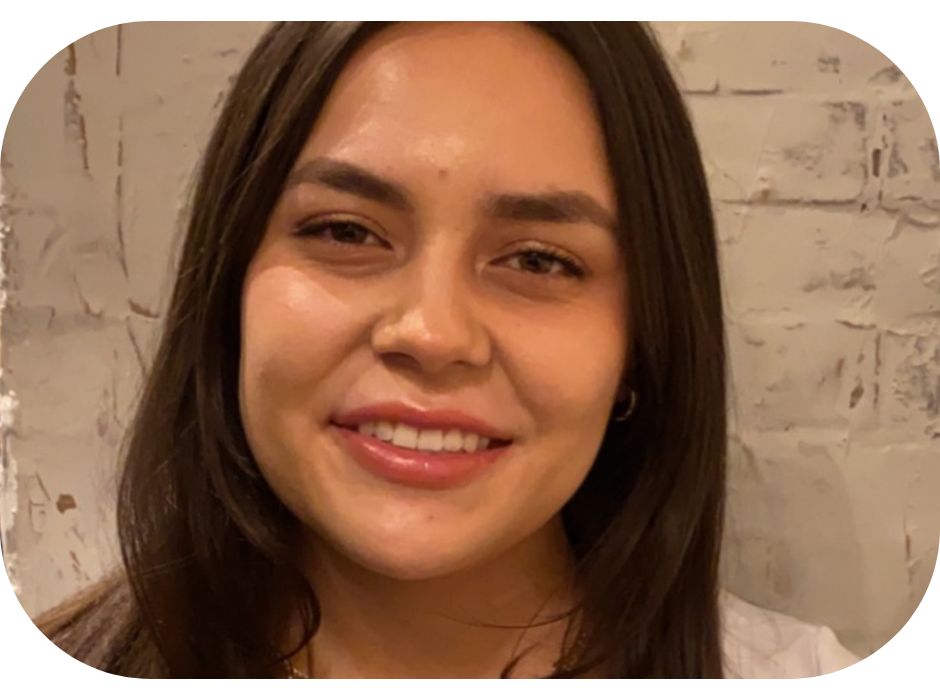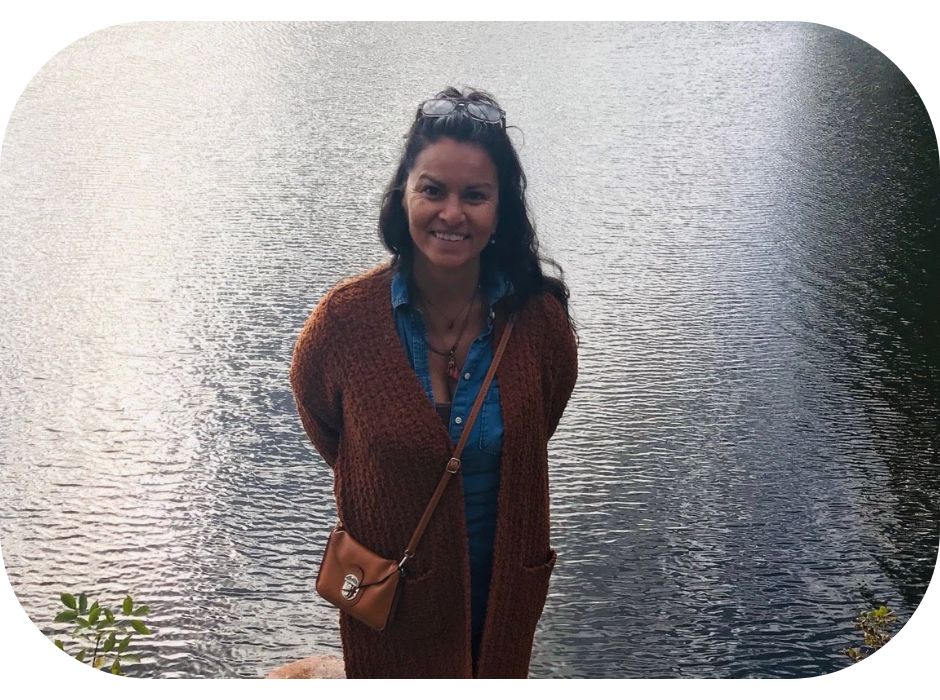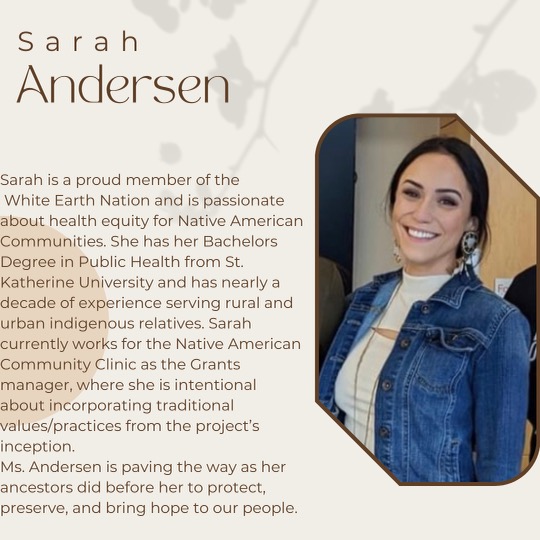KEEP THE FIRE ALIVE PROGRAM at the American Association of Suicidology Conference
Payton Counts May 4, 2020
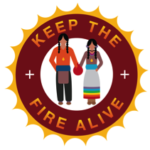
April 2020, the Keep The Fire Alive (KTFA) team was supposed to be out in Portland, Oregon at the American Association of Suicidology’s (AAS) National conference, presenting our work we do in devised theater with our KTFA and Ikidowin youth. I’m sure a lot of people can relate to this – you was supposed to be traveling this spring, but that was all put on hold due to COVID-19. So, I did what I’m sure most of you did, I put away my luggage and took out my cape (AKA my Snuggie), and sat on my couch to do my part in slowing the spread of the coronavirus.
However, AAS found a way to keep the conference alive, while also keeping everyone safe! I’m sure you guessed it, Zoom. Somehow, they managed to accommodate over 1,300 conference attendees and presenters online. We were really excited for this conference moving online because — one, we were still able to present our awesome work, and two, this year was aiming for inclusivity, as the association had made more of a conscious effort towards health equity and highlighting often ignored voices on the mainstage. The focus of the conference this year was about including creative, diverse ideas, not only focusing on westernized research studies. This was a breath of fresh air, not only for us in community work, but I’m sure for the entire suicide prevention community.

Two of my favorites that graced the mainstage with their keynote addresses were Shelby Rowe (Chickasaw) and Sam Brinton, who brought the virtual house down. Shelby Rowe did a great presentation focusing on aspects of Native American history and how that trauma impacts the suicide rates of Native Americans today. She highlighted the importance of including Natives in all conversations about suicide prevention. She had a great line that sums it up amazingly, in which she said, “It is not what’s wrong with us, it’s what happened to us and continues to happen to us.” This is something I’m sure every group of people faced with historical and individual trauma can relate to.
Sam Brinton thought so, as well, as he used this quote in his keynote about the Trevor Project, a non-profit that focuses on suicide prevention efforts specifically for LGBTQ youth. Brinton walked us through his powerful story on how he got to be involved with the Trevor Project and advocating for LGBTQ youth as well as policy change around conversion therapy in the United States. He focused on how although many people think there is not as much bias or discrimination as their used to be, it still exists and the problems have changed, as society has. They recently conducted a survey and found that “71% of LGBTQ youth faced discrimination due to sexual orientation or gender identity.” Brinton mentioned Rowe’s quote and went on to say “Advocacy IS suicide prevention.”
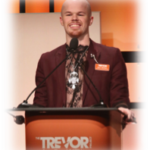
That is why the work that we do is so important. If youth have access to even just one trusted adult, that significantly reduces their chances of attempting suicide. As youth workers, we often do not realize the impact we may have on youth in our communities. The conference is a great way to feel inspired by the great work that other people are doing in their communities and take those teachings back into your own. It is beneficial and has tracks for specific parts of the suicidology work – prevention, intervention, postvention (work after a suicide attempt or death), lived experience, as well as focusing on specific populations. I am thankful we have found out about AAS and have made it a staple for our program.


